Sanatan Dharma is an outsider in the game of global religious domination. It will, therefore, be a hindrance to the proselytising agenda of Christianity and Islam.
History is witness to the truth that both religious institutions propagating Christianity and Islam had been brutal in their methods towards spreading their religious doctrines and practices across the world. Their strategy was simple: Demonise Sanatan Dharma and glorify Christianity and Islam. People who willingly followed Christianity or Islam were rewarded, while those who did not were tortured or branded as heretics.
The strategy of demonising Sanatan Dharma continues even today. You must know that globally it is portrayed that Christianity and Islam are in a constant state of conflict. But in India, the conflict between Christianity and Islam is spoken off in whispers, because they have one common enemy — Sanatan Dharma.
According to the USCIRF 2022 India Report, “In 2021, religious freedom conditions in India significantly worsened. During the year, the Indian government escalated its promotion and enforcement of policies — including those promoting a Hindu-nationalist agenda — that negatively affected Muslims, Christians, Sikhs, Dalits, and other religious minorities. The government continued to systemise its ideological vision of a Hindu state at both the national and state levels through the use of both existing and new laws and structural changes hostile to the country’s religious minorities.”
The majority of India’s population are Hindus. Undoubtedly, it is Hindustan. However, India is a secular nation. The majority of Hindus do not go around terrorising Christians or Muslims. In fact, it is the Hindus that have been facing the most brutal assaults ever since the BJP government has come into power in states like West Bengal, Maharashtra and Kerala.
The sad part is that the reportage of some sections of the media and the cry for justice from sections of the so-called ‘azaadi’ activists is that the life of a Hindu or the persecution of the Hindus is a mere statistic and not an important concern to fight over. So much so that no one talks about the plight of Kashmiri Hindus that faced a genocide in 1990 and are still trying to return home to Kashmir. Kashmiri Hindus, even after the abrogation of Article 370, continue to be hunted by Islamist terrorists in Kashmir. USCIRF has not raised its voice for the human rights of Kashmiri Hindus. It has, however, raised its voice for the Kashmiri Muslims against the Indian government.
The report further opined that in 2021, the Indian government repressed critical voices, especially religious minorities and those reporting on and advocating for them — through harassment, investigation, detention, and prosecution under laws such as the Unlawful Activities Prevention Act (UAPA) and the sedition law. The UAPA and the sedition law have been invoked to create an increasing climate of intimidation and fear in an effort to silence anyone speaking out against the government.
I wonder if USCIRF investigated incidents in West Bengal, Delhi and Maharashtra that have targeted, arrested and imprisoned people with contrary views to Mamata Banerjee, Arvind Kejriwal and Uddhav Thackeray. In West Bengal, the post-Assembly election result violence saw innocent women being raped, men brutally killed, and in one horrific case grandmother was raped in front of her grandson. That time organisations like USCIRF did not open their mouth about the trampling of the freedom of speech; they remained silent bystanders to see these “lesser beings” suffer.
The USCIRF report alleged that the government erected hurdles against the licensure and receipt of international funding by religious and charitable non-government organisations (NGOs) under the Foreign Contribution (Regulation) Act (FCRA), significantly impacting religious communities. Numerous groups that document religious freedom violations or aid marginalised religious communities have been forced to shut down operations in the country given the restrictions under FCRA, regulating access to foreign funds and prohibiting their receipt for any activities purportedly “detrimental to the national interest”. At the close of 2021, the licences of nearly 6,000 organisations, including religious and humanitarian organisations such as Missionaries of Charity and Oxfam India, were not renewed under the FCRA (after an outcry, Missionaries of Charity’s licence was renewed in January 2022).
USCIRF tries to hide the truth that the licences of most NGOs were discontinued because they failed to comply with the requisition and criteria of the Indian government. It also fails to inform its readers that some NGOs were blatantly involved in conversion activities under the guise of social work, especially the Christian evangelical organisations from the US and Europe. The issue with the Missionaries of Charity (MoC) was also the failure to comply within a stipulated time-period to the regulations laid-down by the Indian government.
The USCIRF report has also criticised the government action, including the continued enforcement of anti-conversion laws against non-Hindus. It says the move has created a culture of impunity for nationwide campaigns of threats and violence by mobs and vigilante groups, including against Muslims and Christians accused of conversion activities. Anti-conversion laws have increasingly focused on interfaith relationships.
Existing laws in approximately one-third of India’s 28 states limit or prohibit religious conversion. Since 2018 (and continuing in 2021), multiple states have introduced and enacted laws or revised existing anti-conversion laws to target and/or criminalise interfaith marriages. Public notice requirements for interfaith marriages have at times facilitated violent reprisals against couples. Authorities also assisted, if not encouraged, the targeting by non-state actors of interfaith couples, converts, their families, and their religious communities in an effort to prevent interfaith marriages.
In my opinion, the government focus on anti-conversion law is a much-needed legal recourse in India to the rampant conversion and reconversion menace plaguing the country. The focus of USCIRF on raising the bugle on the anti-conversion drive is to demonise Sanatan Dharma and canonise Christianity and Islam. Conversion via faith in a religion is not an issue in India, but conversion through coercion, allurements and money is a big concern for the Indian government.
In my humble opinion, there is only one place for USCIRF reports on India: The recycle bin.
The author is the founder of GoaChronicle.com and a BJP leader. Views expressed are personal.
Read all the Latest News , Trending News , Cricket News , Bollywood News , India News and Entertainment News here. Follow us on Facebook , Twitter and Instagram .


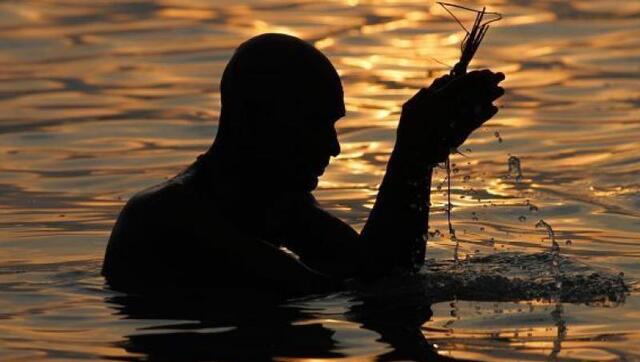)




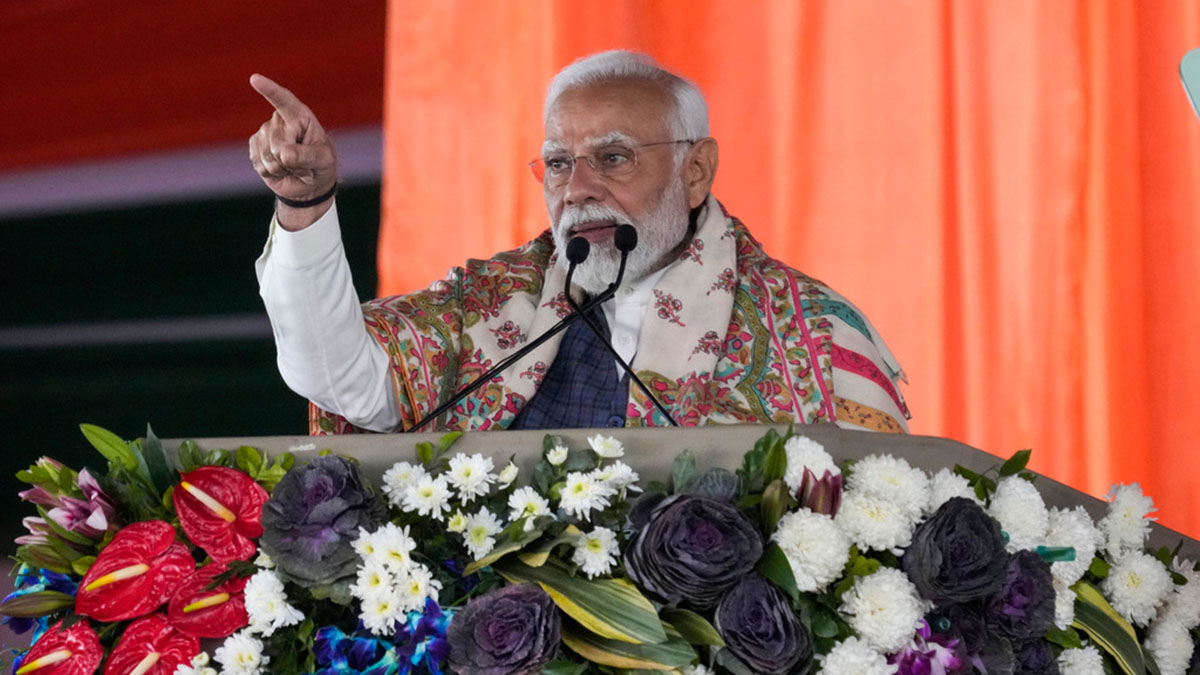)
)
)
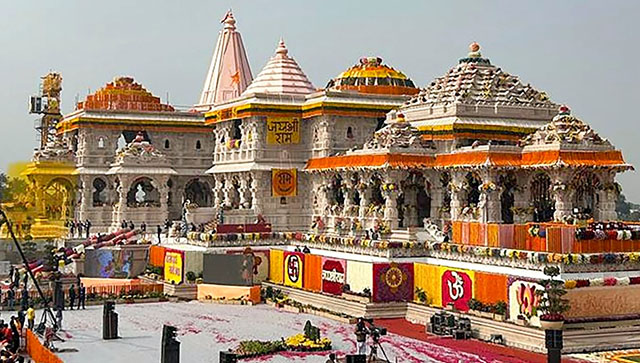)
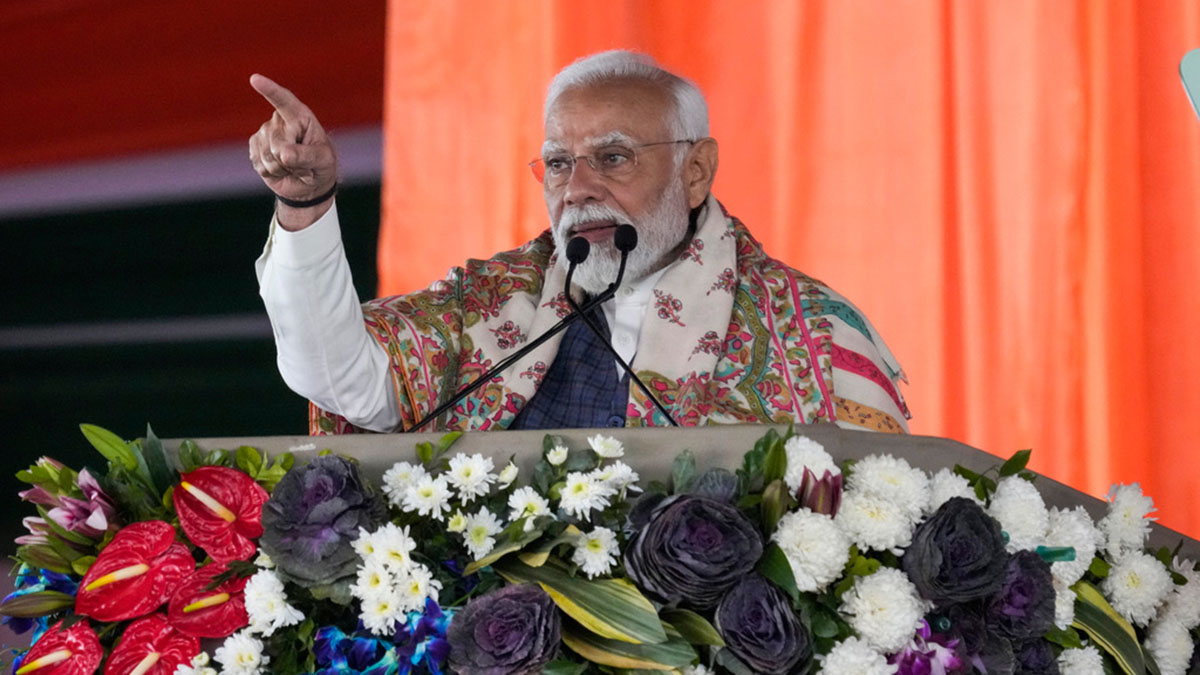)
)
)
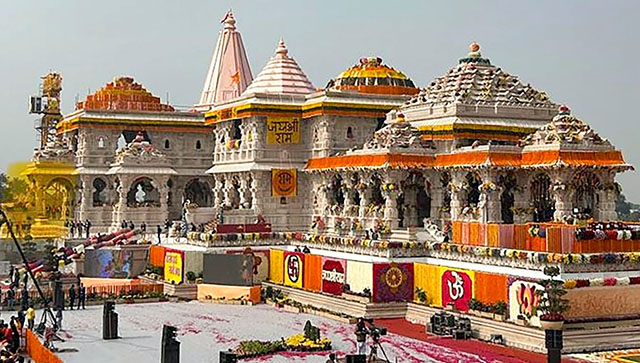)